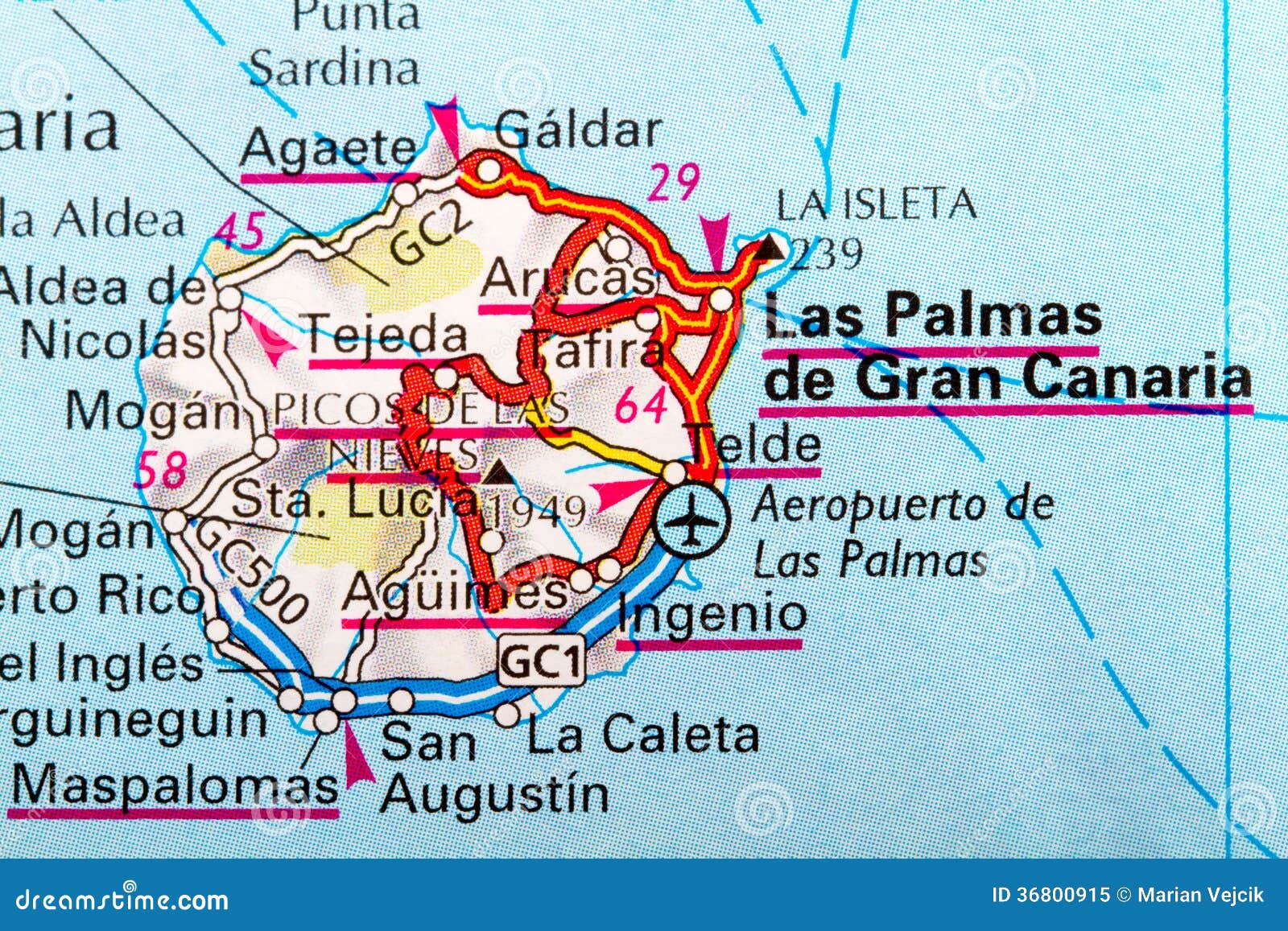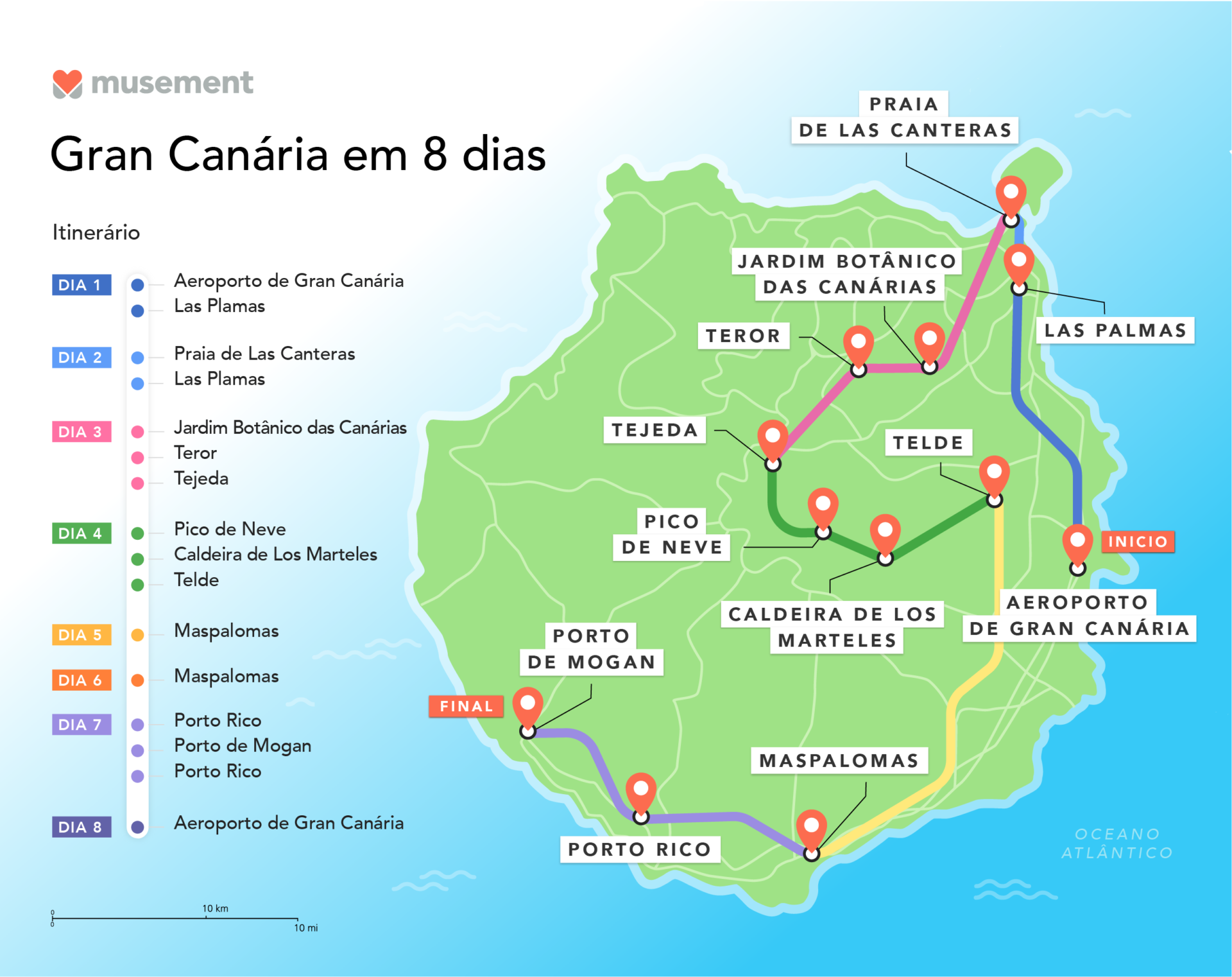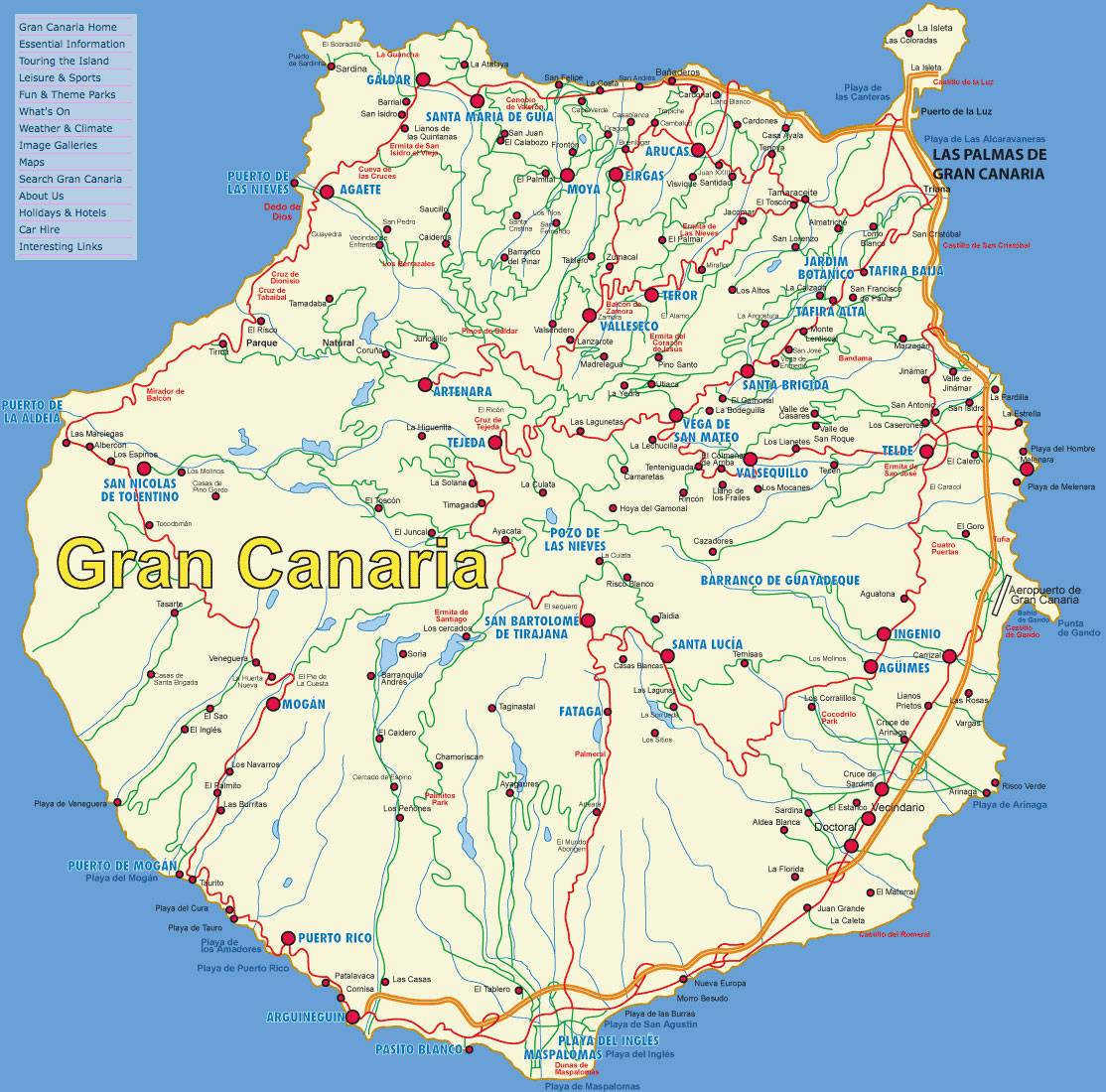Unveiling The Tapestry Of Las Palmas De Gran Canaria: A Comprehensive Guide To Its Map
Unveiling the Tapestry of Las Palmas de Gran Canaria: A Comprehensive Guide to Its Map
Related Articles: Unveiling the Tapestry of Las Palmas de Gran Canaria: A Comprehensive Guide to Its Map
Introduction
With enthusiasm, let’s navigate through the intriguing topic related to Unveiling the Tapestry of Las Palmas de Gran Canaria: A Comprehensive Guide to Its Map. Let’s weave interesting information and offer fresh perspectives to the readers.
Table of Content
Unveiling the Tapestry of Las Palmas de Gran Canaria: A Comprehensive Guide to Its Map

Las Palmas de Gran Canaria, the vibrant capital of the Canary Islands, is a city steeped in history, culture, and natural beauty. Its intricate network of streets, plazas, and landmarks can be best understood through the lens of its map. This comprehensive guide delves into the intricacies of the Las Palmas de Gran Canaria map, highlighting its importance in navigating the city’s diverse offerings.
Understanding the Lay of the Land: A Geographical Overview
Las Palmas de Gran Canaria is situated on the northeastern coast of Gran Canaria, the third largest island in the Canary Archipelago. The city’s layout is influenced by its unique geography, with the urban center nestled between the Atlantic Ocean and the foothills of the volcanic interior.
The map reveals a city divided into distinct districts, each with its own personality and charm. The historic heart of the city, known as Vegueta, boasts cobblestone streets lined with colonial architecture, while the modern Triana district offers a lively mix of shops, restaurants, and cultural venues. The coastal Playa de las Canteras district, renowned for its golden sands and vibrant promenade, showcases the city’s strong connection to the sea.
Navigating the City’s Arteries: A Guide to Streets and Landmarks
The Las Palmas de Gran Canaria map is a key to unlocking the city’s hidden treasures. It reveals the intricate network of streets that weave through the city, connecting its various districts and landmarks.
Major Avenues and Roads:
- Avenida Marítima: This iconic coastal boulevard runs parallel to the Playa de las Canteras, offering stunning ocean views and access to the city’s main beach.
- Avenida de Mesa y López: A bustling commercial artery, this avenue is home to a diverse range of shops, restaurants, and entertainment venues.
- Calle Triana: This vibrant pedestrianized street in the Triana district is renowned for its lively atmosphere, bustling markets, and traditional Canarian architecture.
Key Landmarks:
- Catedral de Santa Ana: This majestic cathedral, a symbol of Las Palmas de Gran Canaria, stands proudly in the Vegueta district, showcasing its impressive Gothic architecture.
- Casa de Colón: This historical museum, located in the Vegueta district, offers a glimpse into the life of Christopher Columbus, who is believed to have visited the island.
- Parque de Santa Catalina: This sprawling park, located in the heart of the city, offers a tranquil escape from the urban bustle, with lush gardens, fountains, and a charming amphitheater.
- Museo Canario: This museum, housed in a historic building in the Vegueta district, showcases the rich history and culture of the Canary Islands.
Delving Deeper: Exploring the City’s Districts
The Las Palmas de Gran Canaria map serves as a guide to the city’s diverse districts, each with its own unique character and attractions:
- Vegueta: The historic heart of the city, Vegueta is a UNESCO World Heritage Site, boasting cobblestone streets, colonial architecture, and a charming blend of history and culture.
- Triana: This vibrant district offers a lively mix of shops, restaurants, and cultural venues, making it a popular destination for both locals and tourists.
- Playa de las Canteras: This coastal district is renowned for its golden sands, vibrant promenade, and lively atmosphere, offering a perfect blend of relaxation and entertainment.
- Puerto de la Luz: This bustling port area is a gateway to the island, offering a glimpse into the city’s maritime heritage.
- Tafira: This picturesque suburb, nestled in the foothills of the volcanic interior, offers stunning views of the city and surrounding landscapes.
Beyond the Map: Embracing the City’s Essence
The Las Palmas de Gran Canaria map is a valuable tool for navigating the city, but it’s only a starting point for truly understanding its essence. The city’s vibrant culture, warm hospitality, and stunning natural beauty are best experienced through exploration and interaction.
- Exploring Local Markets: Immerse yourself in the city’s vibrant culture by visiting local markets like the Mercado de Vegueta, where you can savor the flavors of local produce, handicrafts, and traditional Canarian cuisine.
- Embracing the Culinary Scene: Indulge in the diverse culinary scene of Las Palmas de Gran Canaria, from traditional Canarian dishes like "papas arrugadas" and "mojo" to international cuisines offered by restaurants in various districts.
- Experiencing the Nightlife: Discover the city’s vibrant nightlife, with a range of bars, clubs, and live music venues catering to different tastes and preferences.
- Exploring the Natural Beauty: Venture beyond the city center to explore the stunning natural beauty of Gran Canaria, from the volcanic landscapes of the interior to the pristine beaches along the coast.
FAQs: Addressing Common Queries about Las Palmas de Gran Canaria Map
Q: How can I obtain a physical map of Las Palmas de Gran Canaria?
A: Physical maps can be obtained at tourist information centers located throughout the city, bookstores, and souvenir shops.
Q: Are there online maps available for Las Palmas de Gran Canaria?
A: Yes, numerous online mapping services like Google Maps, Apple Maps, and OpenStreetMap offer detailed maps of the city, including street views, points of interest, and public transportation information.
Q: What is the best way to navigate Las Palmas de Gran Canaria?
A: The city is well-connected by public transportation, including buses and trams. Taxis are also readily available. However, exploring the city on foot is a rewarding experience, allowing you to fully appreciate its charm and character.
Q: Are there any specific areas of the map that I should prioritize for exploration?
A: The historic Vegueta district, the bustling Triana district, and the coastal Playa de las Canteras district are popular destinations, offering a diverse range of attractions and experiences.
Tips for Utilizing the Las Palmas de Gran Canaria Map
- Download a digital map: Download a digital map onto your smartphone for easy access and navigation while exploring the city.
- Utilize public transportation: Utilize the city’s efficient public transportation system to explore various districts and landmarks.
- Explore on foot: Discover the city’s hidden gems by exploring its streets and alleys on foot.
- Seek local guidance: Engage with locals for recommendations and insights into the city’s hidden treasures.
Conclusion: Embracing the City’s Tapestry
The Las Palmas de Gran Canaria map is a valuable tool for navigating the city’s intricate network of streets, landmarks, and districts. It serves as a guide to its diverse offerings, from historical treasures to modern attractions, and from bustling markets to tranquil parks. However, the true essence of Las Palmas de Gran Canaria lies beyond the map, in its vibrant culture, warm hospitality, and stunning natural beauty. By embracing exploration and interaction, visitors can truly immerse themselves in the city’s unique tapestry, creating lasting memories and forging a deeper connection with this captivating island capital.



.jpg)




Closure
Thus, we hope this article has provided valuable insights into Unveiling the Tapestry of Las Palmas de Gran Canaria: A Comprehensive Guide to Its Map. We appreciate your attention to our article. See you in our next article!